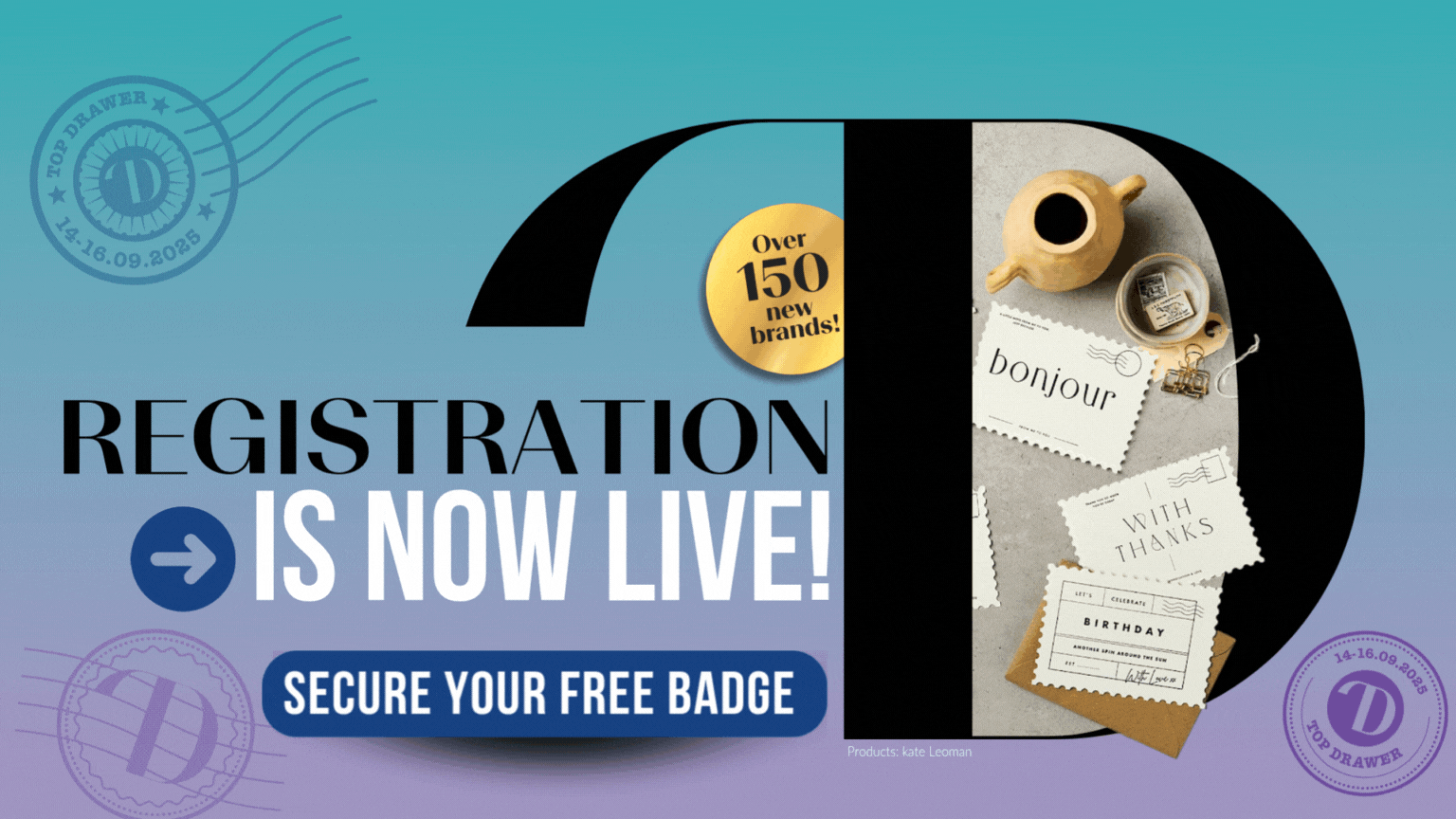The Rise of the Ethical Consumer.

Over 14 million viewers were shocked to witness vast swathes of plastic waste in our oceans in David Attenborough’s BBC documentary ‘Blue Planet II’ with the majority galvanised to take action in the war on plastic.
Dubbed “The Blue Planet Effect,” a report by Waitrose found that almost 9 out of 10 people (88%) who saw the final episode about the effect of plastics on our oceans have changed their behaviour as a result. That’s over twelve million people! The numbers will be even greater still when you consider the widespread proliferation of the shocking footage and images continually being shared online via social media.
Being mindful of how we consume has become a priority in today’s world. Our health, the health of our loved ones and that of the planet are changing how we shop. We are becoming more conscious of what we buy, where it comes from, how it’s made, how we will use it and how we dispose of waste.
Sixty percent of us now choose a refillable water bottle and coffee cup more than we did. Sales of reusable coffee cups, water bottles, bags and the like have been booming as a result. Millennials are a key driver behind these changes. With their spending power soon to be greater than all the generations ahead of them they are not to be ignored.
The great thing about Millennials is they love to share stories around these issues. If you get it right they will lift you up. Get it wrong and you will suffer online. So, what can you do to adapt to the changes that are happening?
I firmly believe that you cannot encourage change in others without truly understanding the change yourself. Practicing what you preach helps you realise some of the challenges involved. So before we go through some simple steps, you need to commit to change yourself.
1. Refuse
Refuse unnecessary packaging in your personal life. The biggest one for most of us on a daily basis is food packaging. Our plastic food packaging uses around 800,00 tonnes of plastic per annum, less than a third of which is recycled. Choose food that isn’t wrapped in plastic and ask your supermarket to remove it. Styrofoam does not biodegrade, so refuse it whenever possible.
Ask your customers if they need a plastic bag. Retailers who use this phrase see lower consumption than those that ask their customers if they want a plastic bag. You can also help your customers by offering reusable and non-plastic alternatives.
If you can’t eliminate plastic then try to…
2. Reduce
Laminated products are not recyclable so try to cut back on them. Tetra Pak cartons that we drink our juice and milk from are the worst culprits. Switch to soda stream, filtered tap water and glass bottled milk rounds to help cut back on these.
As an example, the card industry is making huge strides to reduce the use of polypropylene bags by going ‘naked’ or switching to compostable bags. Blue Eyed Sun are trialling both options this year with rollouts planned for 2020. The major supermarkets have recently been making the switch leading to massive reductions in single-use plastic consumption.
3. Re-Use
Switch from single-use plastic-lined coffee cups and plastic water bottles to reusable alternatives. Use a lunchbox instead of buying plastic wrapped sandwiches at lunch. Carry a reusable shopping bag with you when you shop (always take them with you to the supermarket). Reuse boxes from your deliveries when you ship to customers.
4. Recycle
Recycle whenever possible. Clean your used plastic before adding it to the recycling as food contaminated plastic cannot be recycled and can even spoil other clean recycling in the bins. Donate items that are not being used to charity.
Understanding the Ethical Consumer
If you want to understand the Ethical Consumer best you need to start living like one. Don’t try to be perfect, just take a step forward in the direction you want to go. In time you will realise what’s important to you on this new path and be closer to your customers as a result.
Speak to Jeremy in person at Top Drawer Autumn on Stand P31 where he is exhibiting with Blue Eyed Sun and BambooCup.
Follow Jeremy’s curated eco-trail at Top Drawer by clicking here.
For more information on the issues raised in this piece and to see Jeremy's talks and articles on the subject visit www.blueeyedsun.co.uk/blog
)
)
)
